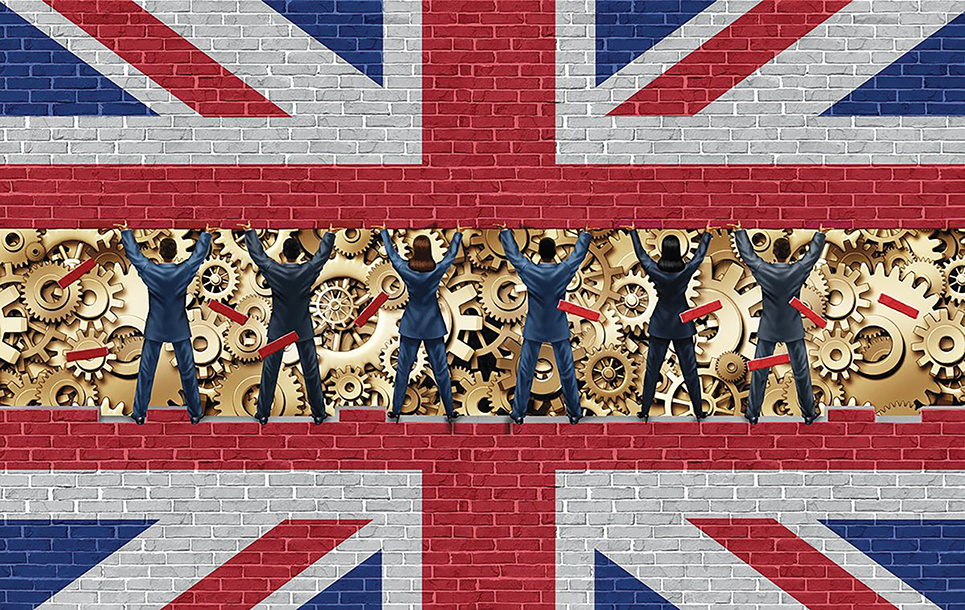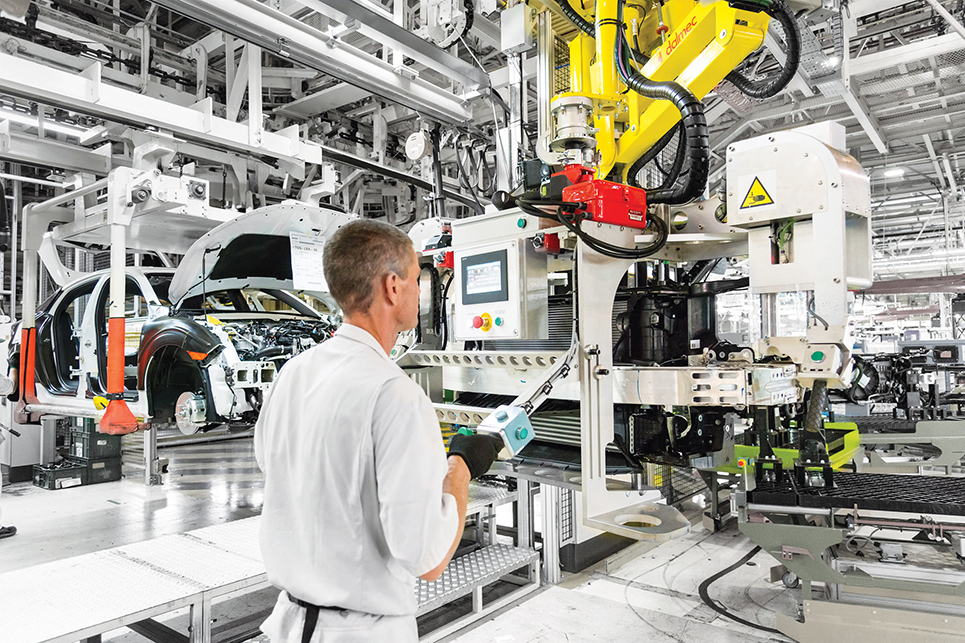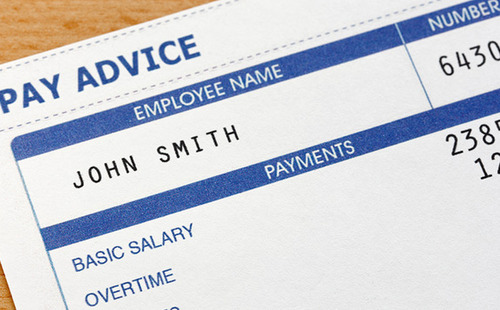
UK manufacturing contributes some £6.7 trillion to the global economy and, contrary to widespread belief, the UK is the world’s eighth largest industrial nation.
The EEF, the manufacturers’ organisation, reports that the UK manufacturing sector currently accounts for 44% of all UK exports, 70% of business research and development, and employs some 2.26m people.
British manufacturing is broad and includes aerospace, automotive, chemicals, pharmaceuticals, defence, construction, energy, food and drink, plastics, textiles, nuclear and space. In the past 12 months, 52% of all manufacturing exports headed to the EU.
The sector’s relationship with Europe is incredibly tight. Supply chains are inextricably linked, with ‘just-in-time’ and ‘in-sequence’ production methods seeing, for example, car components moving across the English Channel many times before completed vehicles roll off the production line.
Border delays, Honda has said, could increase production times by up to nine days. To hold the two million components needed every day for its Swindon production lines, Honda has said it would need a 300,000 sq m warehouse, making it the largest building on the planet.
It goes without saying that the shape of our departure from the EU matters enormously to UK businesses. If politicians needed any reminder, they would do well to look at the June data from the IHS Markit UK Manufacturing survey.
Output growth is at a seven-month low, and the cause is being pinned directly to Brexit and the threats of a trade war between the US and China and the US and the EU. The threat of a ‘no deal’ is a threat to UK manufacturing.
Large manufacturers, like BMW and Airbus, are unlikely to immediately pack-up and move operations outside of the UK - manufacturing businesses have invested considerable amounts in our economy and that creates a sticky relationship.
But politicians would be wrong to take too much comfort from that position. It is the investment into new products that is easy to divert along with future production plans.
Take, for example, the development in hybrid and electric cars. Jaguar Land Rover is developing its first electric car in Austria. Will the company retool its Midlands plant from diesel to electric? With the current oversupply, a global slow down and with the increasing Brexit uncertainties, nobody would be surprised if future manufacturing were within EU member states.
This is, on the face of it, a rather gloomy picture, and becomes perhaps even more so when looking to recent High Street collapses and the yet-felt knock-on effect on manufacturing.
But UK manufacturing needs to be contrasted with manufacturing countries in the EU, where both France and Germany have also shown decreased manufacturing outputs. The US too is following a similar trend, which may be at the root of President Trump’s recent tariffs.
So, what can manufacturing businesses do?
The shape of the UK’s exit from the EU should become clearer this summer. It may be that the UK remains in the customs union and we continue to enjoy frictionless trade. Businesses with European suppliers and markets will breathe an enormous sigh of relief.
But, if that agreement is not reached, manufacturers should start, if they have not already done so, to develop strategies to manage this transition.
Measures to consider will include:
Mapping and auditing supply chains. Where are your suppliers? Are they themselves prepared for Brexit? And if outside of the EU what impact might that have?
Know your employees’ nationalities. The rights of EU nationals living in the UK have been guaranteed, but businesses who employ people that do not have the right to work in the UK can face large fines.
Prepare for customs checks. Is the software currently used able to address changes to our relationship with the EU?
Understand future tariffs and how they will affect your business.
VAT. Check and review contracts with suppliers, paying particular attention to VAT treatment.
Cash flow buffers. Delays at borders may create cash flow issues for businesses. Consider building reserves now.
Delays at Dover? What impact will that have on your business and are there counter measures that could be considered?
IP rights. The UK government has said that European wide protections will remain after Brexit, but businesses should review and update protections accordingly.
Manufacturing output is expanding at its fastest rate in 10 years. In addition to the Brexit uncertainties, the industry faces challenges from cyber-attacks, data protection and staff skill shortages. Manufacturing organisations need to ensure they are developing people and optimising processes, in particular through the use of technology, where the government has shown its support in its Industrial Strategy.
At Kreston Reeves, we are working with businesses to scenario plan the many different outcomes and helping businesses to prepare. If your business needs support and advice, contact Andrew Griggs or a member of the Manufacturing team on 0330 124 1399.
Andrew Griggs is Senior Partner at accountants, business and financial advisers Kreston Reeves. He can be reached by email:
andrew.griggs@krestonreeves.com. Visit www.krestonreeves.com.







